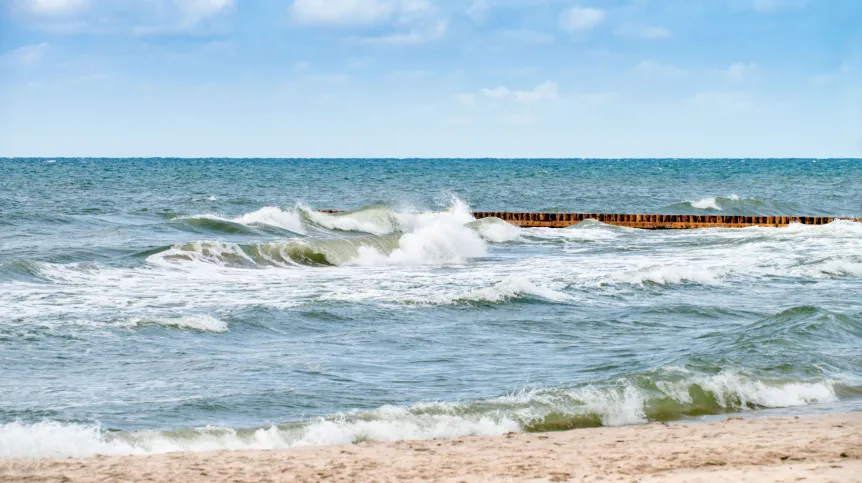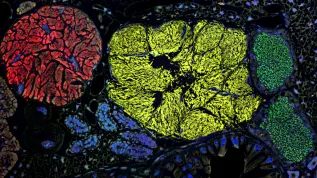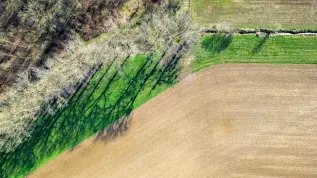
Institutions from Poland, Lithuania, Germany and Sweden have joined forces to reduce pollution in the Baltic Sea from dangerous fuel, munitions and other wreck remains.
According to the project originators, there are about 20,000 known wrecks of military and civilian ships at the bottom of the Baltic Sea, about 10 percent of which are sources of pollution with fuel or remains of sunken munitions. More than 80 years after World War II, dangerous fuel, e.g. carcinogenic pyrolysis oil, is leaking from rusty wrecks. Other remains are close to decomposition and require careful control.
Researchers want to implement wreck management methods to prevent mass chemical pollution of the sea. The project aims to develop advanced technologies for detecting hazardous substances and removing fuel, munitions and explosives from wrecks. An analysis of the impact of sunken munitions on marine ecosystems will also be carried out.
BALTWRECK is coordinated by the Institute of Fluid-Flow Machinery of the Polish Academy of Sciences. The project consortium includes 14 partners from Lithuania, Germany, Sweden and Poland, among them the Faculty of Physics, Astronomy and Applied Computer Science of the Jagiellonian University, which, under the supervision of Dr. Michał Silarski, is tasked with testing new methods for detecting hazardous substances in the aquatic environment.
The JU reports that Dr. Silarski from the Department of Experimental Particle Physics and its Applications at the Institute of Physics of the Jagiellonian University is the author of the project 'Non-invasive sensor for detecting hazardous materials in the aquatic environment', evaluated as the top project under the FIRST TEAM initiative by the Foundation for Polish Science.
'The sensor operates based on neutron activation of substances and the measurement of characteristic gamma quanta spectra emitted after irradiation with a neutron beam. In contrast to the most widely used methods, the solution makes it possible to study the chemical content of materials without putting human and animal health at risk', Dr. Silarski says.
The project, under the full name 'BALTWRECK - Preventing massive marine waters chemical pollution from the leaking wrecks and munition/weapon dumps in the South Baltic', was launched on July 1 and will continue for three years. The total budget of the project amounts to 3.83 million euros, 3.06 million of which was allocated from the European Regional Development Fund within the framework of the Interreg South Baltic programme.
In addition to the Jagiellonian University, the institutions participating in the project include: the Institute of Fluid-Flow Machinery of the Polish Academy of Sciences, the Institute of Oceanology of the Polish Academy of Sciences, the Association of Polish Communes Euroregion Baltic, the Maritime University in Gdynia, Klaipeda University (Lithuania), Leibniz Institute for Baltic Sea Research Warnemünde (Germany), JT Ship Service Tomasz Jatkowski (Poland), Helmholtz Centre for Ocean Research Kiel (Germany), Nature Research Centre (Lithuania), Chalmers University of Technology (Sweden), German Environment Agency (Germany), North.io Ltd. (Germany), CLEANERGY Sp. z o.o. (Poland). (PAP)
PAP - Science in Poland, Julia Kalęba
juka/ bar/ kap/
tr. RL













